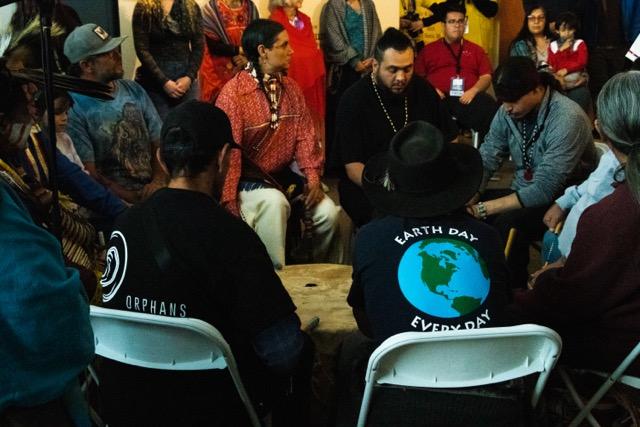
Colorado State University-Pueblo mathematics professor and Pueblo native Janet Heine Barnett helped secure $100,000 for the university to help develop an instruction program that incorporates history into math.
The Transforming Instruction in Undergraduate Mathematics via Primary Historical Sources grant was recently awarded to CSU-Pueblo as part of a collaborative effort between faculty members, including professor Barnett, from a total of seven universities.
It took Barnett and her collaborators three attempts before finally securing the $1.25 million grant, of which CSU-Pueblo received $100,000. The grant was awarded by the National Science Foundation.
The grants were awarded based on a collection of “primary source projects,” something Barnett observes the benefits of on a daily basis. These directly engage students with the mathematics they are studying and aims to replace standard classroom lectures.
“I’m a real fan of the history of math first of all, and a big fan of math,” Barnett said.
She incorporates historical documents in her math teachings, often comparing theories developed by Greek mathematicians with those from Chinese mathematicians. This enables students to gain an understanding of how theories and formulae were developed centuries ago.
“It’s kind of counterintuitive that you would go to the past to figure out the future,” Barnett said.
She recalled an instance where a student approached her about a problem he was struggling with. After applying the PSP approach in explaining it, she witnessed the proverbial light bulb turning on.
“Connecting the history into the mathematics shows that this is something that people do,” Barnett said. “The idea that people who are good at are just good at it, is gone.”
She said she believes that gaining knowledge on how mathematicians approached problems helps her students understand the processes involved, instead of simply accepting it at face value.
Barnett said grant administration and management at a smaller institution like CSU-Pueblo can be an overwhelming task. CSU-Pueblo faculty members and staff often spend hundreds of hours conducting research, drafting documents, including a proposed budget, narratives, a convincing rationale, as well as an evaluation process.
“The people on this campus work so hard and they do everything they can do,” Barnett said.
The grant ensures the funding for the necessary training resources and evaluation process, which tend to be costly.
Barnett is not only passionate about mathematics, but she is even more passionate about her students’ commitment to learning. Her primary goal is to develop the best possible curriculum in order for them to achieve their academic goals.
Barnett has been a professor in the CSU-Pueblo mathematics department since 1990. She originally set her sights on an undergraduate degree, with a major in engineering, because it seemed a good fit for someone with an aptitude for math. Before finishing her degree, she decided to follow her passion and pursue a mathematics degree instead.
Following her graduation, she joined the Peace Corps in Central African Republic for two years.
Barnett received the Burton W. Jones Award for Distinguished College or University Teaching of Mathematics by the Rocky Mountain Section of the Mathematical Association of America in April – a testament to her impact as a teacher.
She also currently leads the CSU-Pueblo Noyce Scholars Program, a five-year grant from the National Science Foundation that provides academic support to individuals who qualify and commit to future careers as math teachers in K-12 school districts.
She summed up her teaching philosophy by saying, “The important part of teaching is to get people thinking about ideas – getting people engaged in the activity that is happening.”
Barnett, who is partial to set theory, said she was grateful for the opportunity to do what she loves and for the ability to pursue her passion for teaching math in her hometown.










Charity Krow • Sep 17, 2015 at 2:33 pm
Outstanding Dr. Barnett! Congratulations!